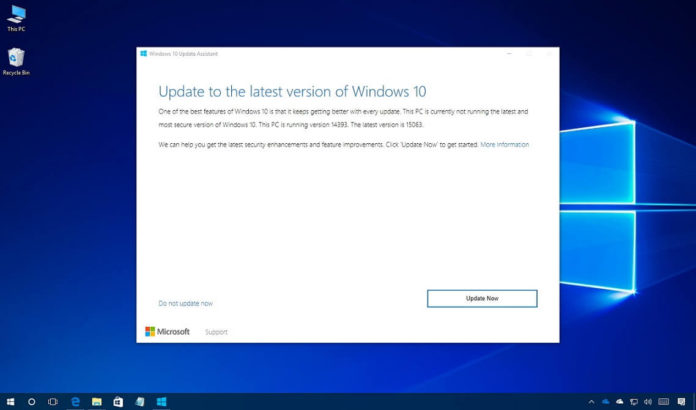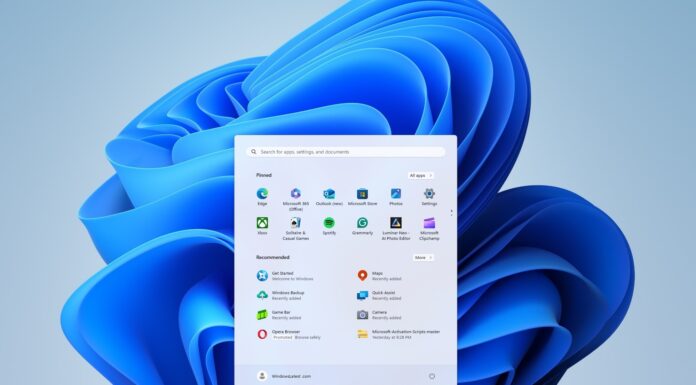Meltdown and Spectre fiasco is affecting almost all Windows PCs and Phones and with processors manufactured by Intel, AMD, and ARM. Yesterday, Intel’s CEO Brian Krzanich at CES 2018, spent two minutes discussing the hardware bugs discovered in their chipsets powering modern PCs and servers. Today Microsoft’s Terry Myerson in a blog post detailed the performance impact of Meltdown and Spectre patches on Windows 10.
Meltdown and Spectre patches for Windows 10, 8.1 and 7 were shipped as a cumulative update with some other improvements. Microsoft is expected to begin rolling out OTA updates for Windows 8.1 and 7 devices with security fixes on Patch Tuesday and before rolling out new cumulative updates, Microsoft detailed the impact of Meltdown and Spectre patches on older devices in terms of performance.
As expected, the patch for found vulnerabilities might slow down some old PCs and impact on performance could be significant. Terry Myerson, Executive Vice President, Windows and Devices Group explains that the Windows 10 users with latest-generation silicon processors won’t notice any performance difference after installing the Meltdown and Spectre patches.
PCs powered by Intel’s Skylake, Kaby Lake or newer CPUs won’t slow down either, while Benchmark report shows that there will be a single-digit performance impact. 2015-era Windows 10 PCs with Haswell or older CPU might experience significant slowdowns.
On the other hand, Windows 7 and 8 PCs with the processors like Haswell will notice a significant decrease in system performance. It’s worth noting that the Windows Server is also affected and Microsoft recommends the IT admins to think twice before patching Meltdown and Spectre. The patch for Windows Server “shows a more significant performance impact,” Myerson explained.
“We’re also committed to being as transparent and factual as possible to help our customers make the best possible decisions for their devices and the systems that run organizations around the world,” the company said.
It’s worth noting that neither Microsoft nor Intel is intentionally slowing down the older versions of Windows with previous-generation processors. “Older versions of Windows have a larger performance impact because Windows 7 and Windows 8 have more user-kernel transitions because of legacy design decisions, such as all font rendering taking place in the kernel,” Myerson explains.






















